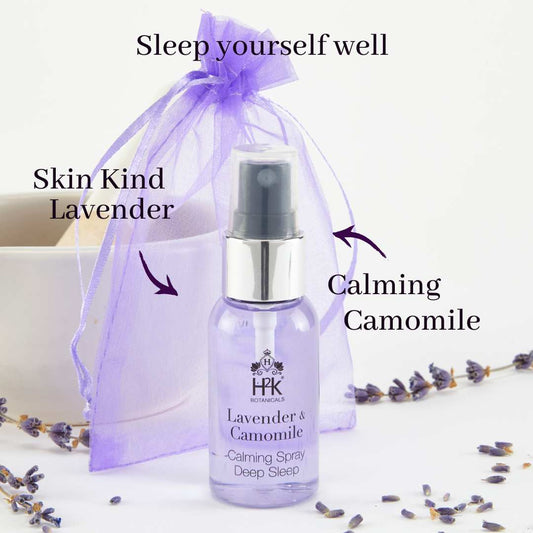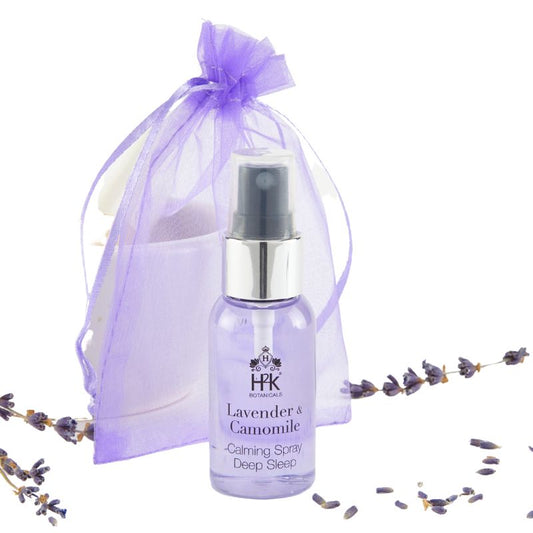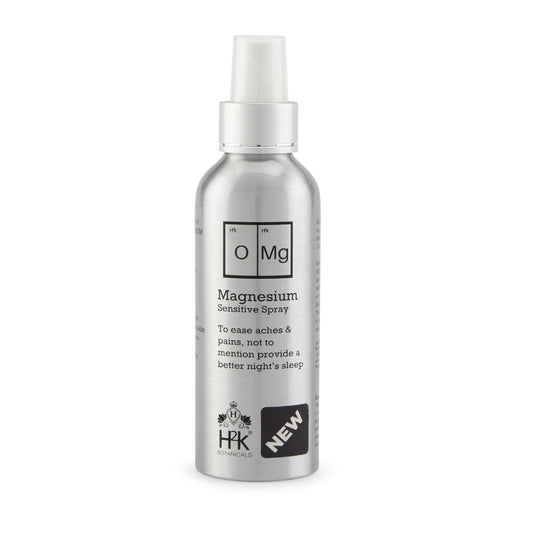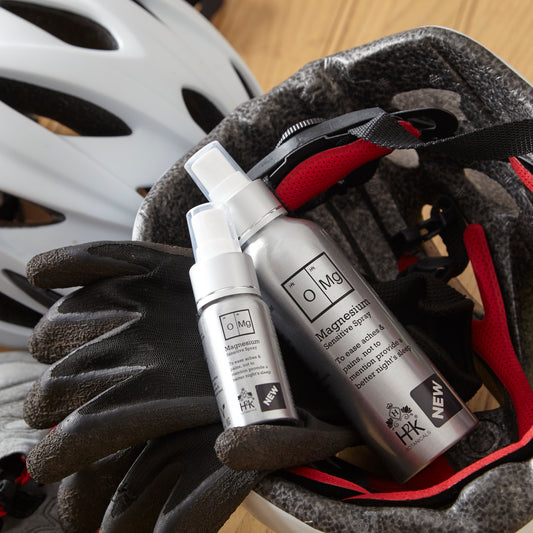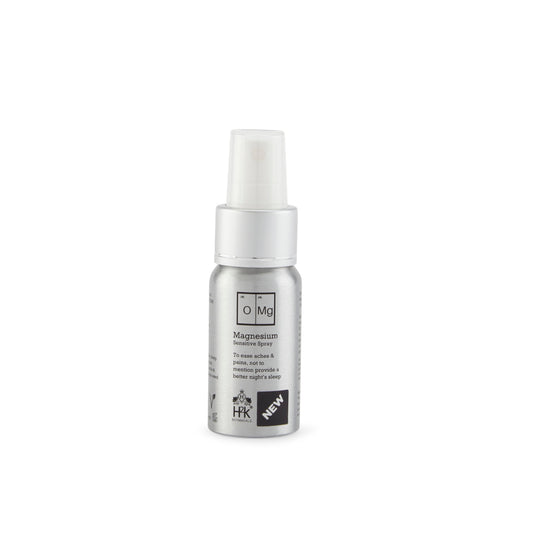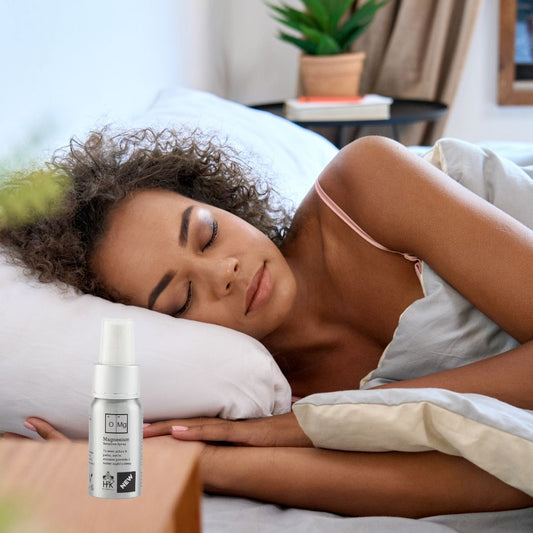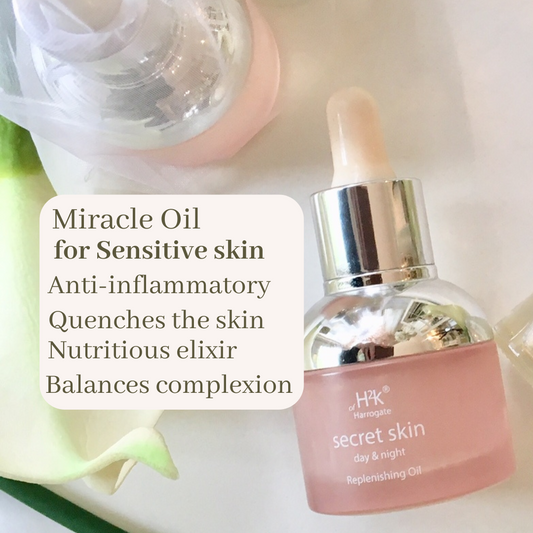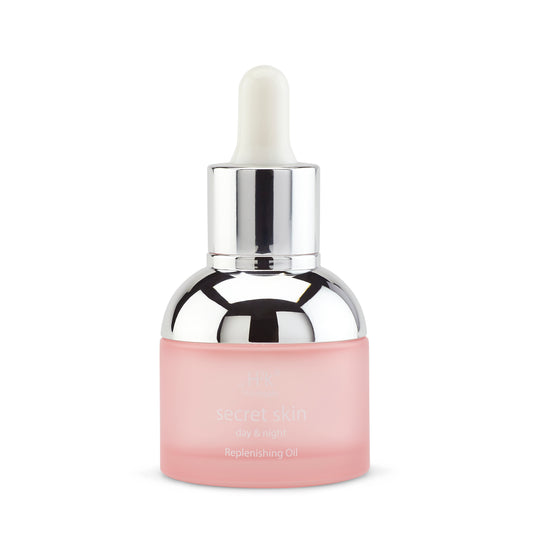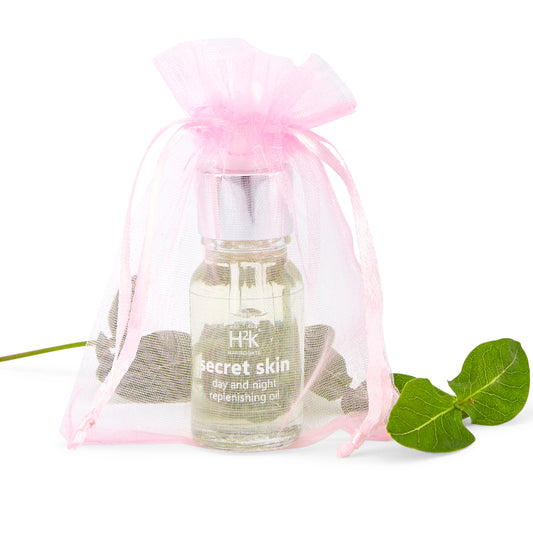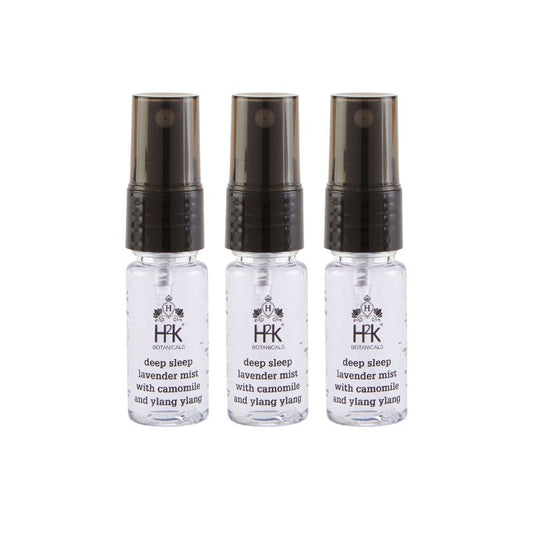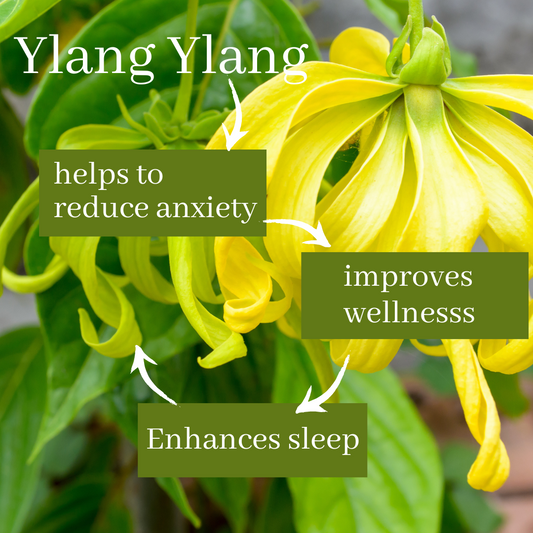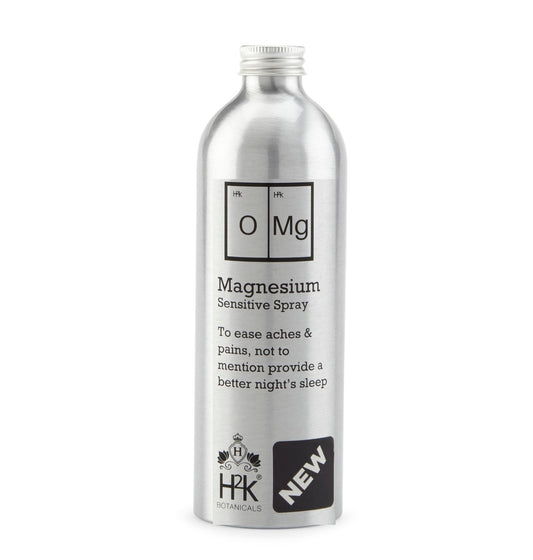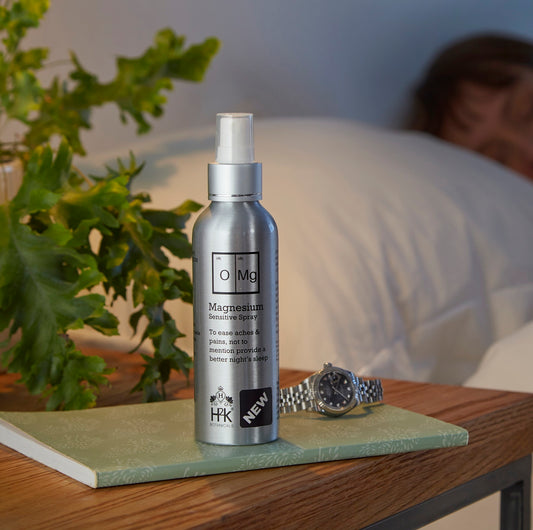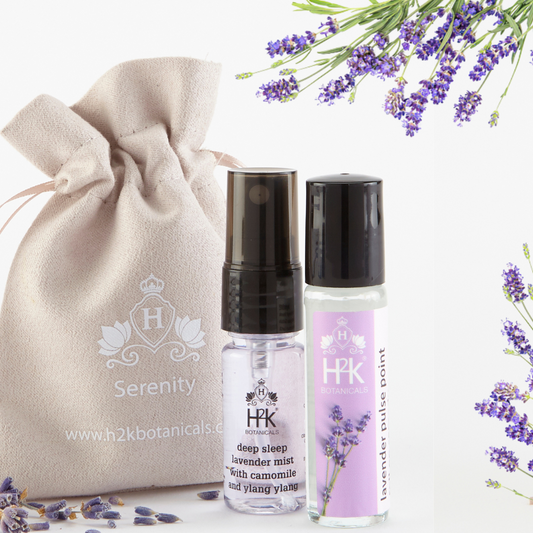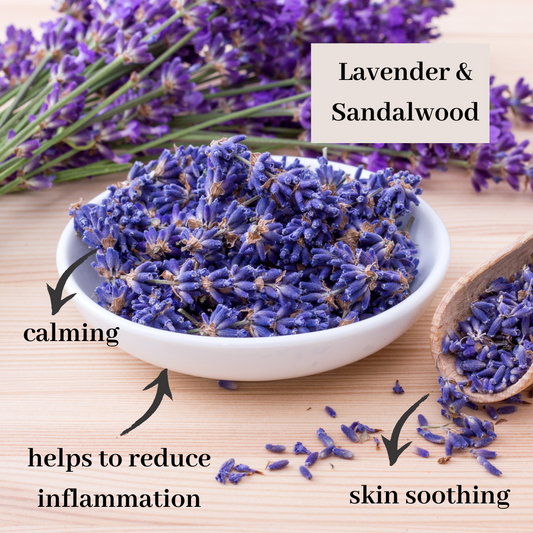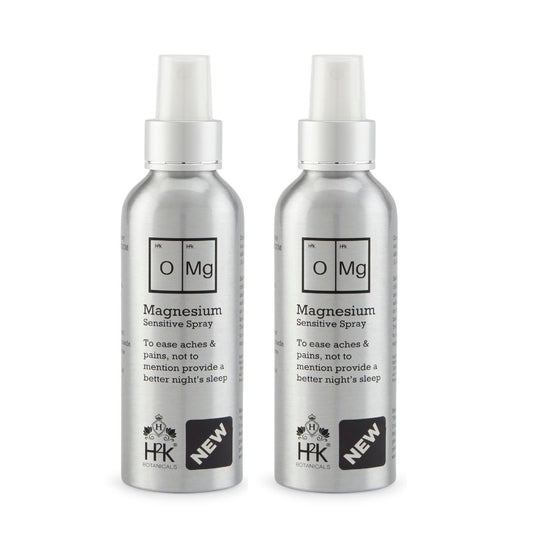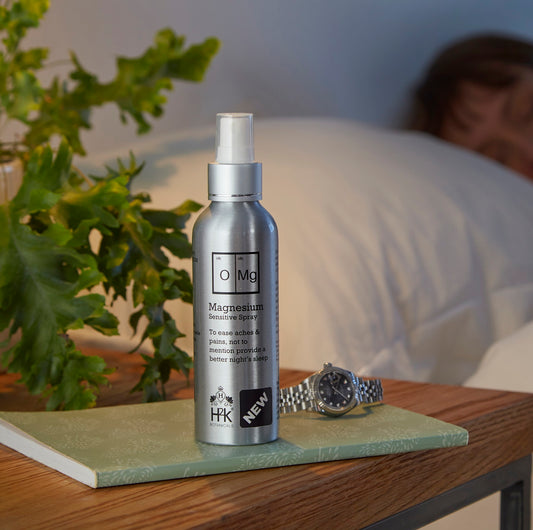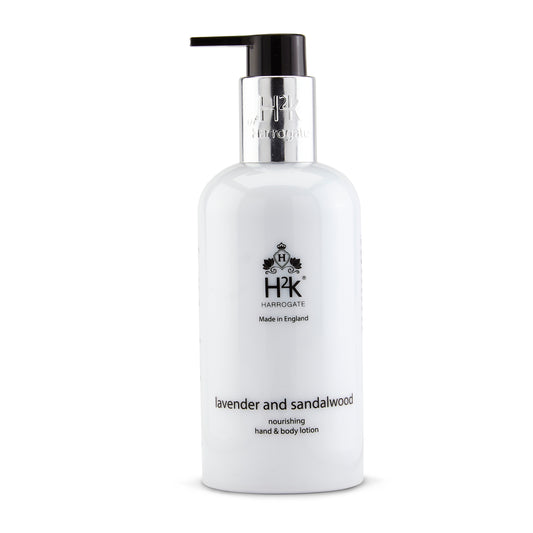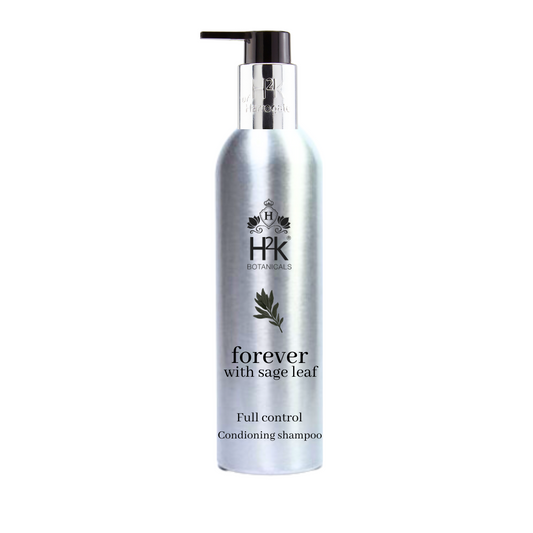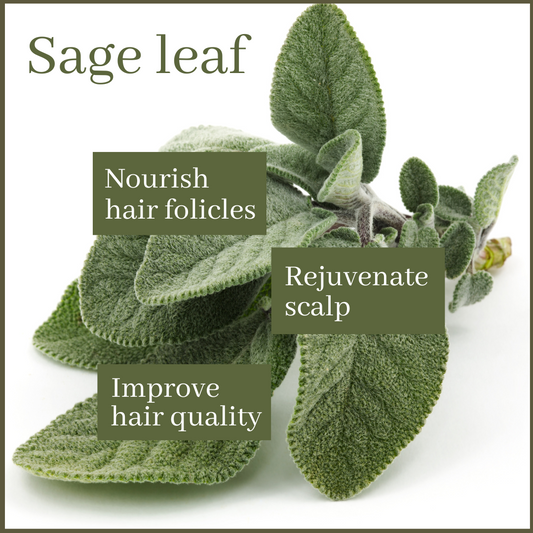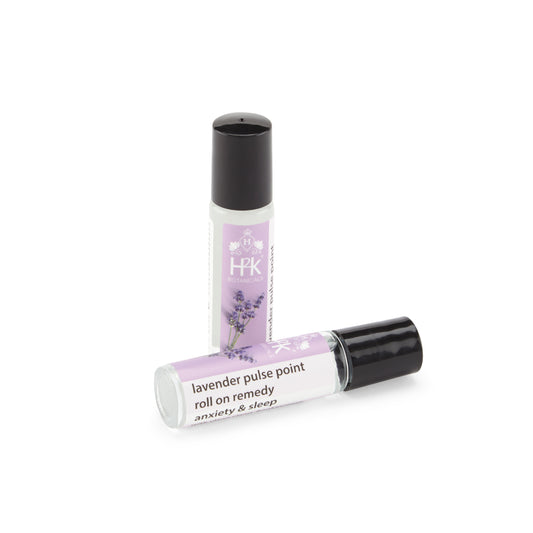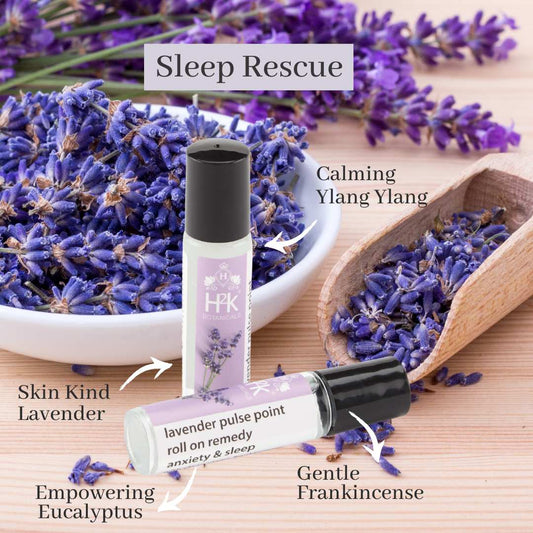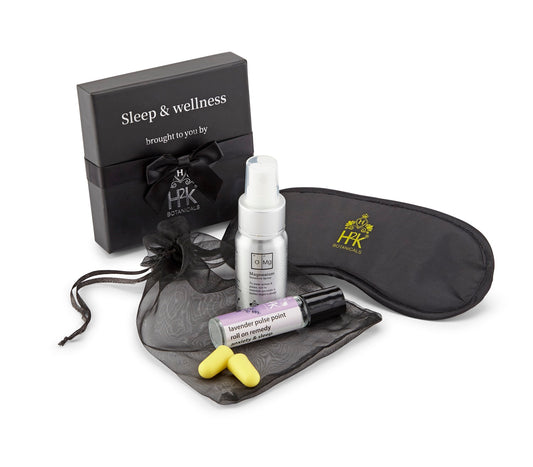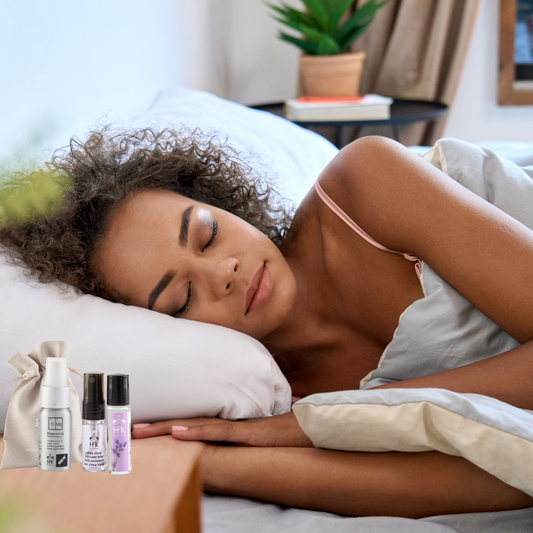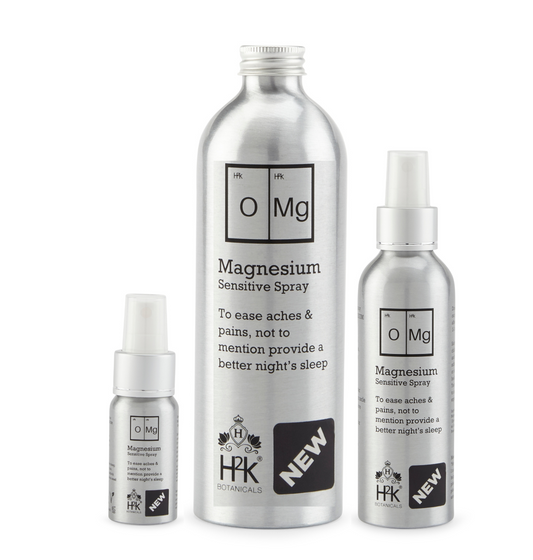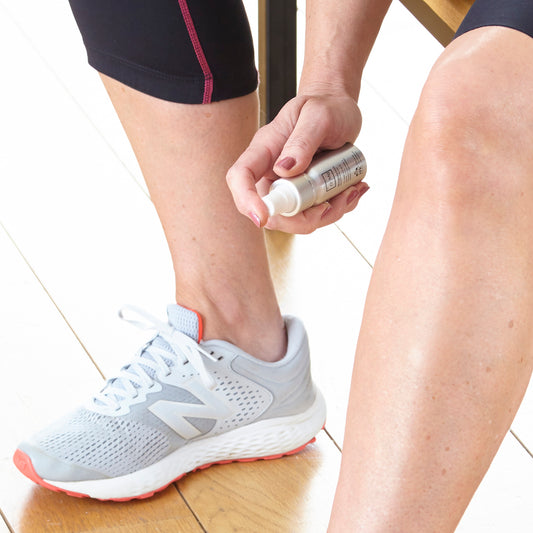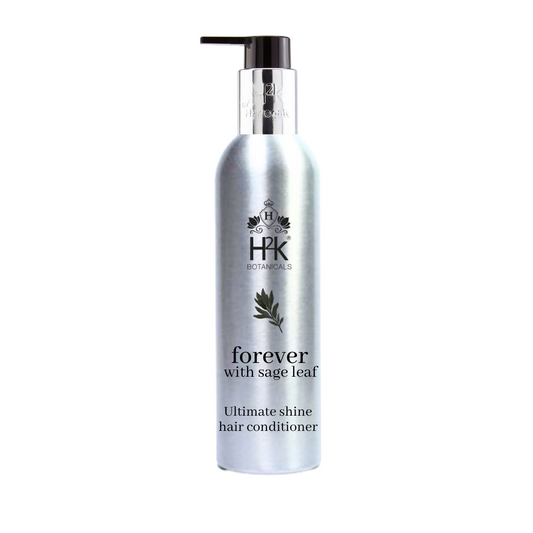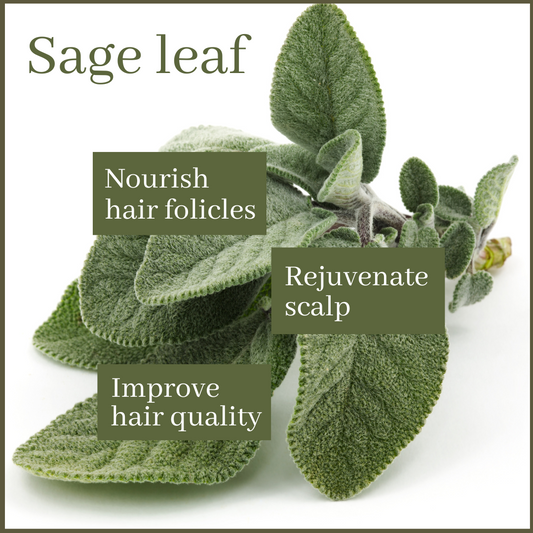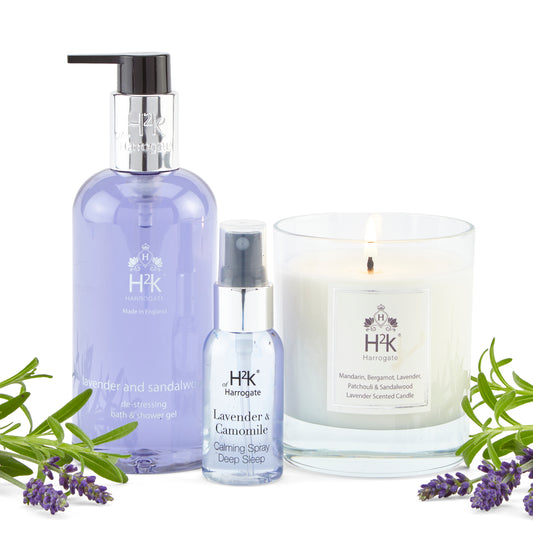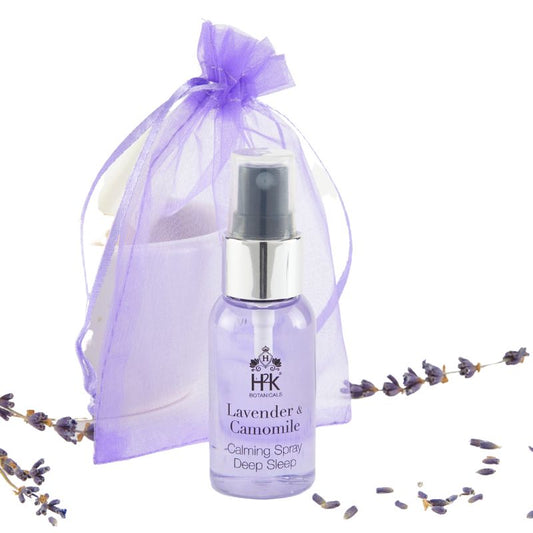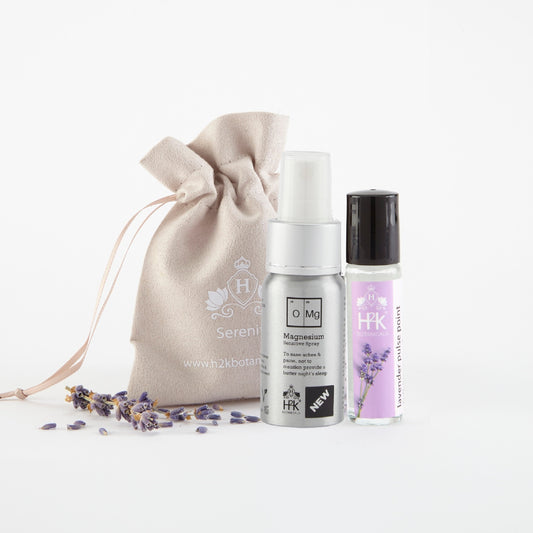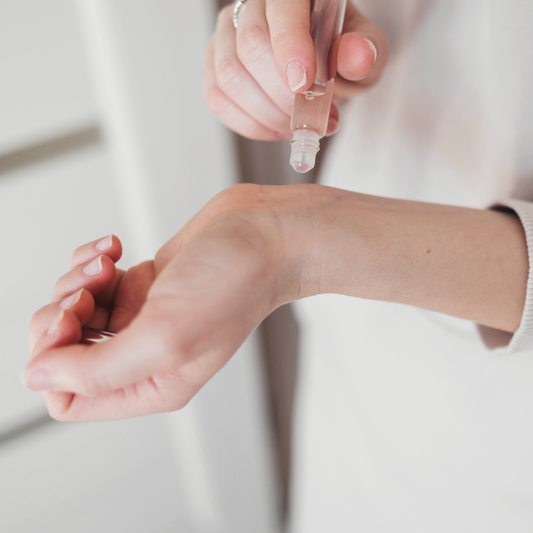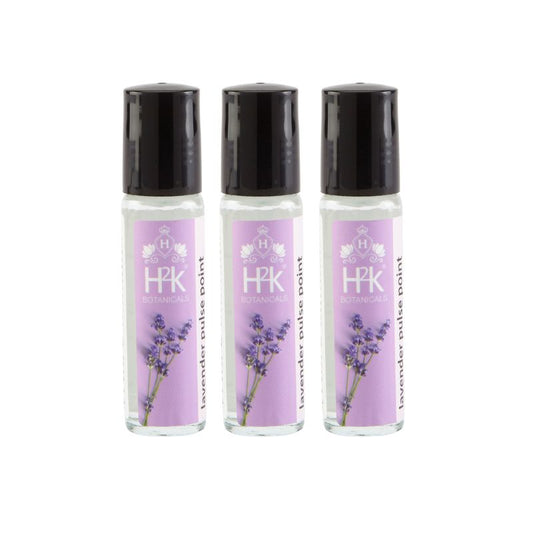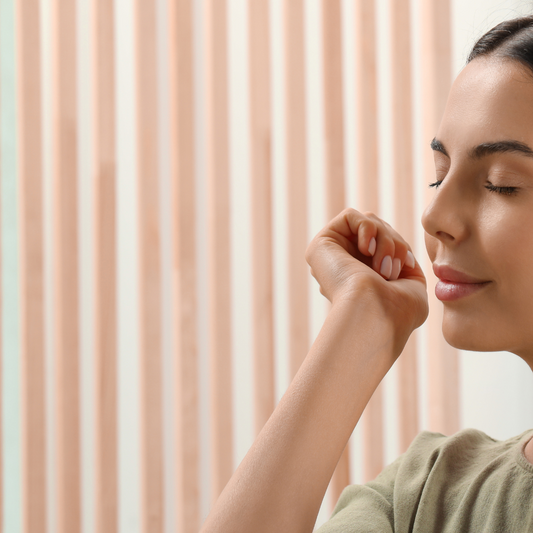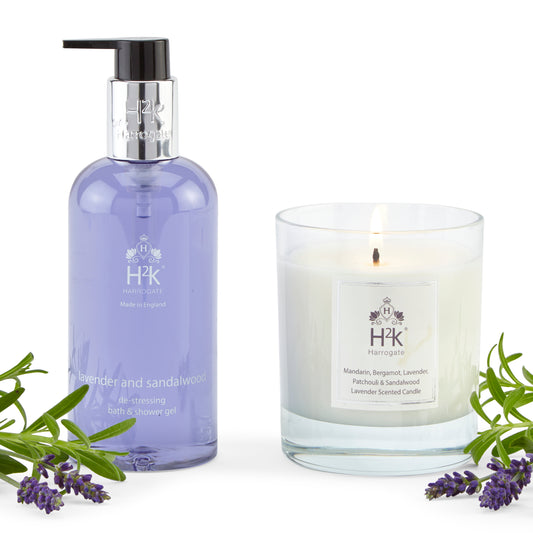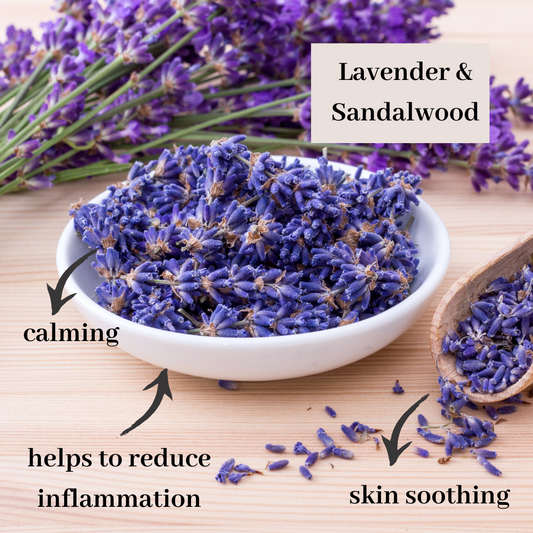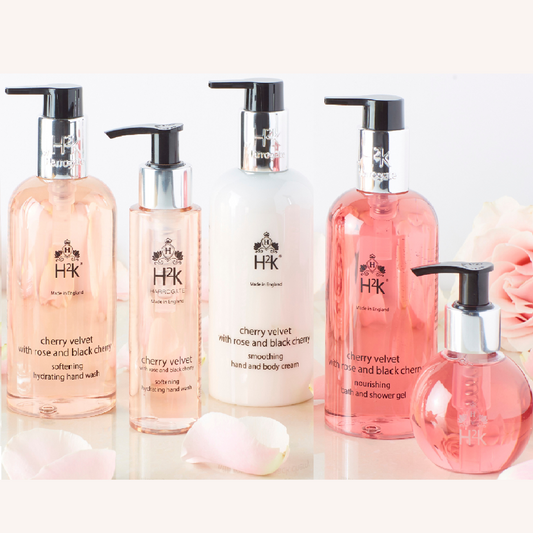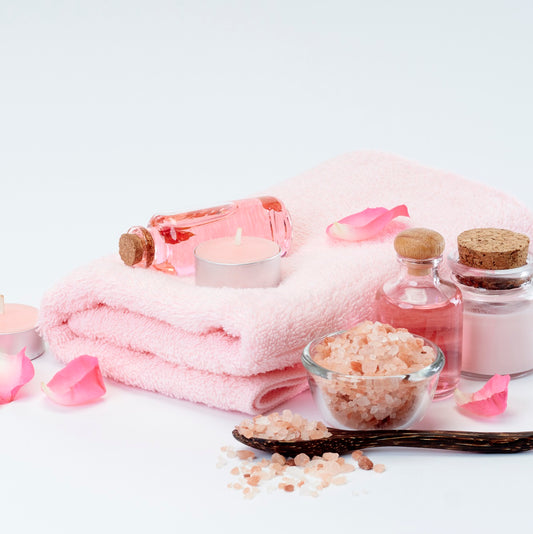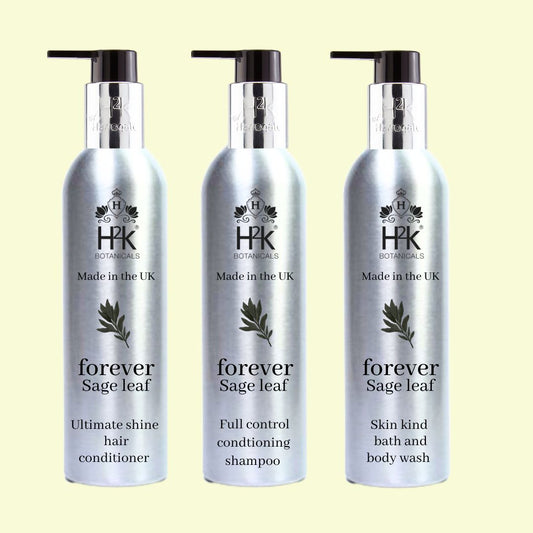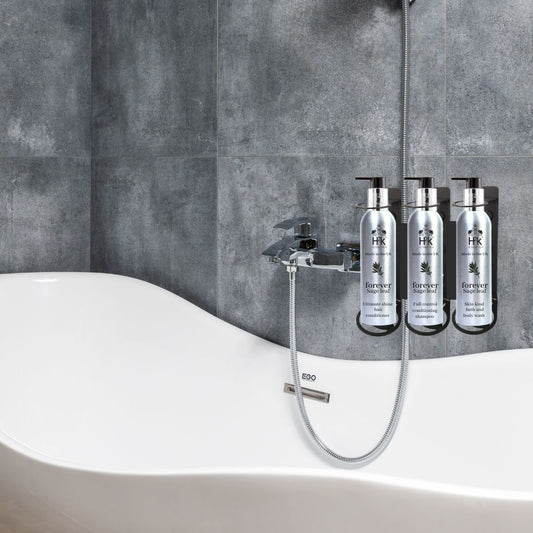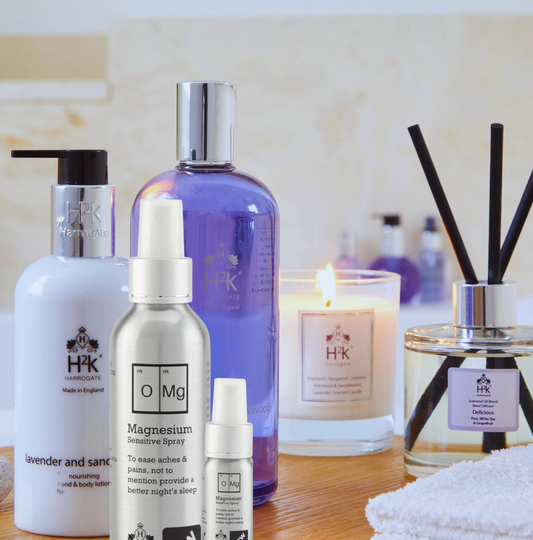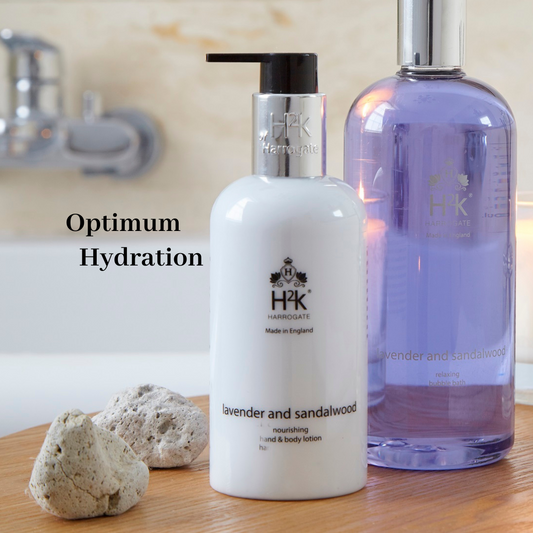Insomnia And Sleeplessness From Menopause
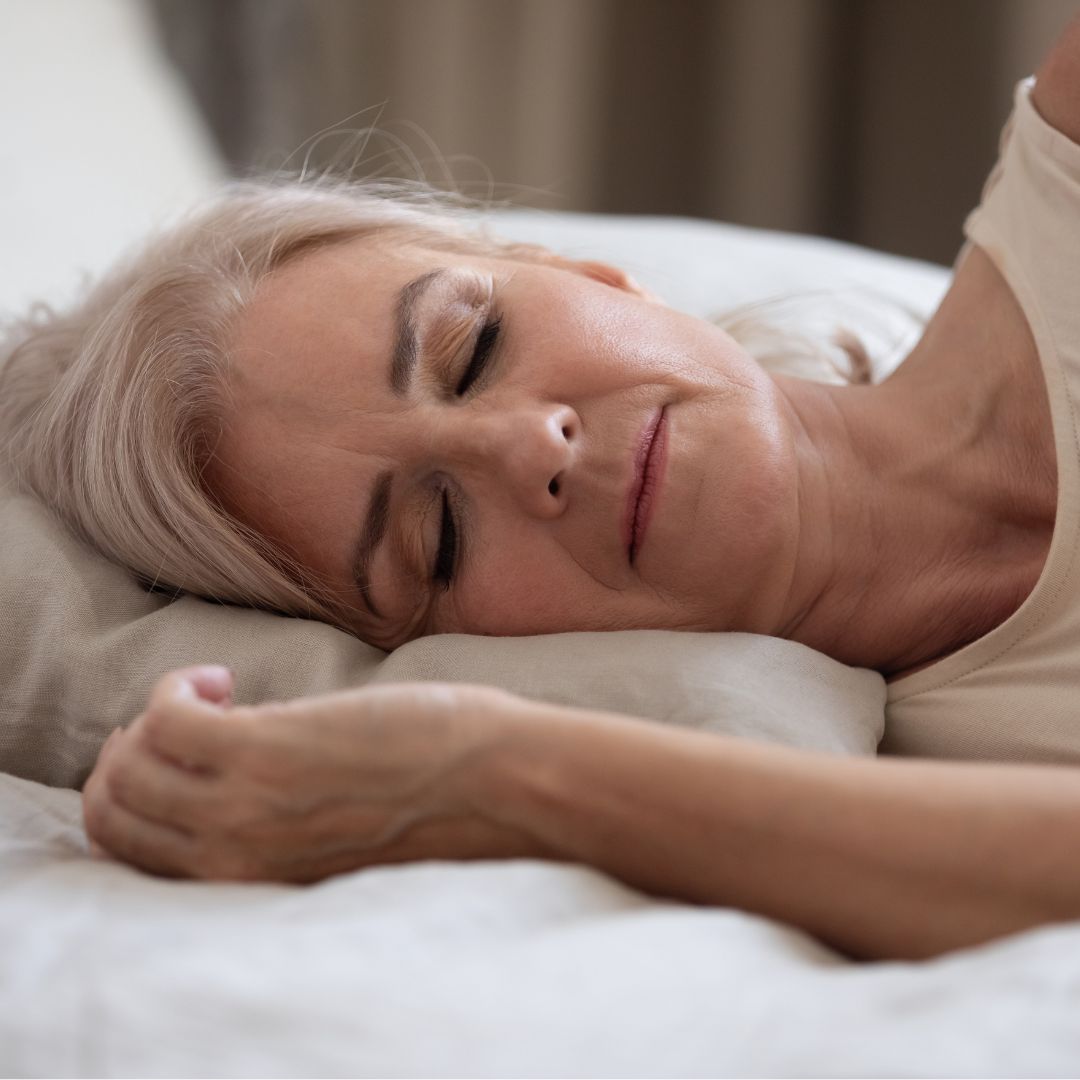
Sleep Easy Tonight
Discover our curated collection of products tailored to help women navigating menopause find a restful night's sleep. From lavender mists to calming roll ons and magnesium sprays. We offer solutions designed to address common symptoms like hot flashes and night sweats. Shop now and wake up feeling refreshed and rejuvenated.
-
Sleep Well Lavender Calming Mist for a Perfect Night's Sleep
Regular price £8.99 GBPRegular priceUnit price per -
OMG Magnesium Sensitive Spray 150ml
Regular price From £19.99 GBPRegular priceUnit price per -
OMG Magnesium Sensitive Spray 30ml (Travel Size)
Regular price From £5.99 GBPRegular priceUnit price per -
Day & Night Replenishing Oil Secret Skin
Regular price £35.00 GBPRegular priceUnit price per -
Day and Night Replenishing oil of Secret Skin
Regular price £10.99 GBPRegular priceUnit price per -
Deep Sleep Mist with Lavender & Ylang Ylang TRIO OFFER
Regular price £10.00 GBPRegular priceUnit price per -
OMG Magnesium Sensitive Spray 500ml (Refill)
Regular price From £5.99 GBPRegular priceUnit price per -
Menopause serenity magic : roll-on breathe easy serenity gift with 10ml sleep spray
Regular price £14.99 GBPRegular priceUnit price per -
OMG Magnesium Sensitive Spray BUNDLE
Regular price £36.00 GBPRegular priceUnit price per£39.98 GBPSale price £36.00 GBPSale -
Lavender Hand and Body Lotion with Sandalwood
Regular price From £17.95 GBPRegular priceUnit price per -
Sage leaf conditioning shampoo
Regular price From £20.00 GBPRegular priceUnit price per -
Deep Sleep Roll-On Breathe Easy Sleep Remedy 10ml
Regular price £13.99 GBPRegular priceUnit price per -
Sleep & Wellness Magnesium Gift Box
Regular price £19.99 GBPRegular priceUnit price per -
OMG Magnesium Sensitive Spray Magic Bundle £70 (FREE Travel Size 30ml)
Regular price £70.00 GBPRegular priceUnit price per -
Sage leaf hair conditioner
Regular price From £20.00 GBPRegular priceUnit price per -
Lavender De stressing Home and Body Gift Set
Regular price £59.99 GBPRegular priceUnit price per -
Menopause Bundle: Lavender Pulse Point Roll-on with 30ml OMG Magnesium Sensitive Spray
Regular price £18.00 GBPRegular priceUnit price per -
Deep Sleep Roll-on Breathe Easy trio : WEB OFFER ONLY.
Regular price £35.00 GBPRegular priceUnit price per -
De stressing Lavender gift box - great menopause gift
Regular price £55.00 GBPRegular priceUnit price per -
Cherry Velvet Hamper with Rose & Black Cherry
Regular price £65.00 GBPRegular priceUnit price per£72.89 GBPSale price £65.00 GBPSale -
Sage leaf hair & body wash trio 3 x 425ml
Regular price £55.00 GBPRegular priceUnit price per -
Magical Lavender and Magnesium Sleep and Relaxation Scent Bundle (save £10)
Regular price £106.00 GBPRegular priceUnit price per
People always ask...
What the best product to help with sleep in menopause?
Magnesium Spray is a major player with the menopause. Not only does it help with cramp and muscle ache, but H2k's OMG magnesium spray is formulated for sensitive so you can keep using it over and over again day or night.
Does menopause insomnia go away?
Insomnia is something you could discussed with your Doctor. However, little tricks like lavender mists and sprays along with magnesium sprays all help you get to sleep.
Why do I wake up at 3am during menopause?
Waking up is common during the menopause as the female hormones are constantly changing Spray some of H2k magnesium on your body and there’s a good chance you’ll get back to sleep.
Why does my skin feel dry in the menopause?
As we go through the menopause, less collagen is produced, causing dry skin and the loss of elasticity. Choosing a super hydrating cream, gel or oil can help enormously. Thankfully you're at the right place already as all H2k formulas are created for intense moisturising.
Why do I ache so much in the menopause?
Going through the menopause can be challenging. However, a little helping hand is here with H2k's magnesium spray. You can spray this on several times a day to help to reduce muscle pain, spasms and cramps. Not to mention it can support a better night's sleep.
How can Lavender help the menopause?
Lavender is known to be relaxing and calming. H2k's Lavender pulse point roll on is brilliant, for reducing anxiety and helping you get to sleep.
H2k Botanicals
Menopause serenity magic : roll-on breathe easy serenity gift with 10ml sleep spray
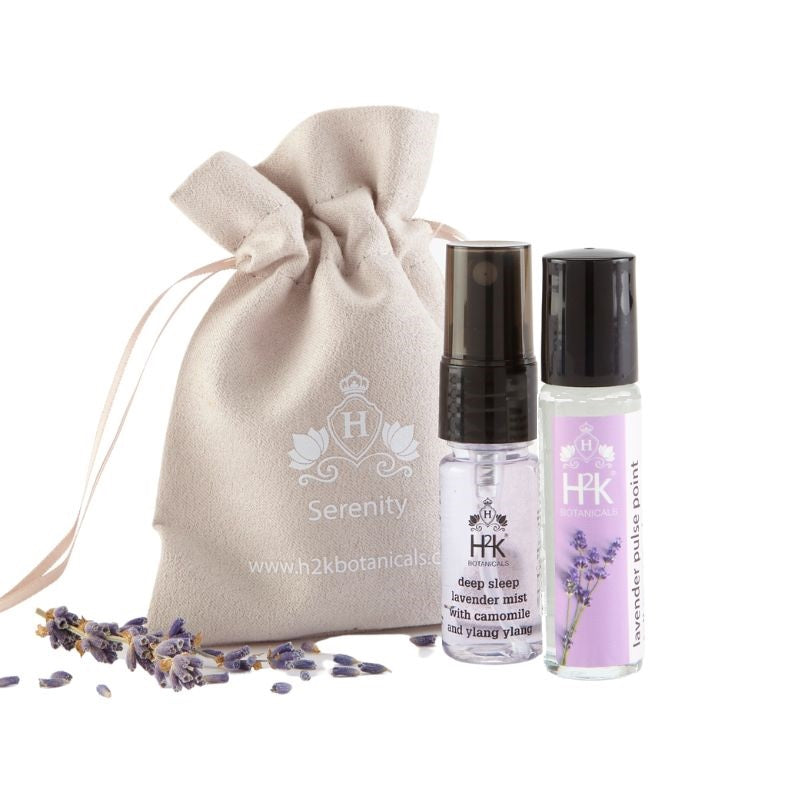
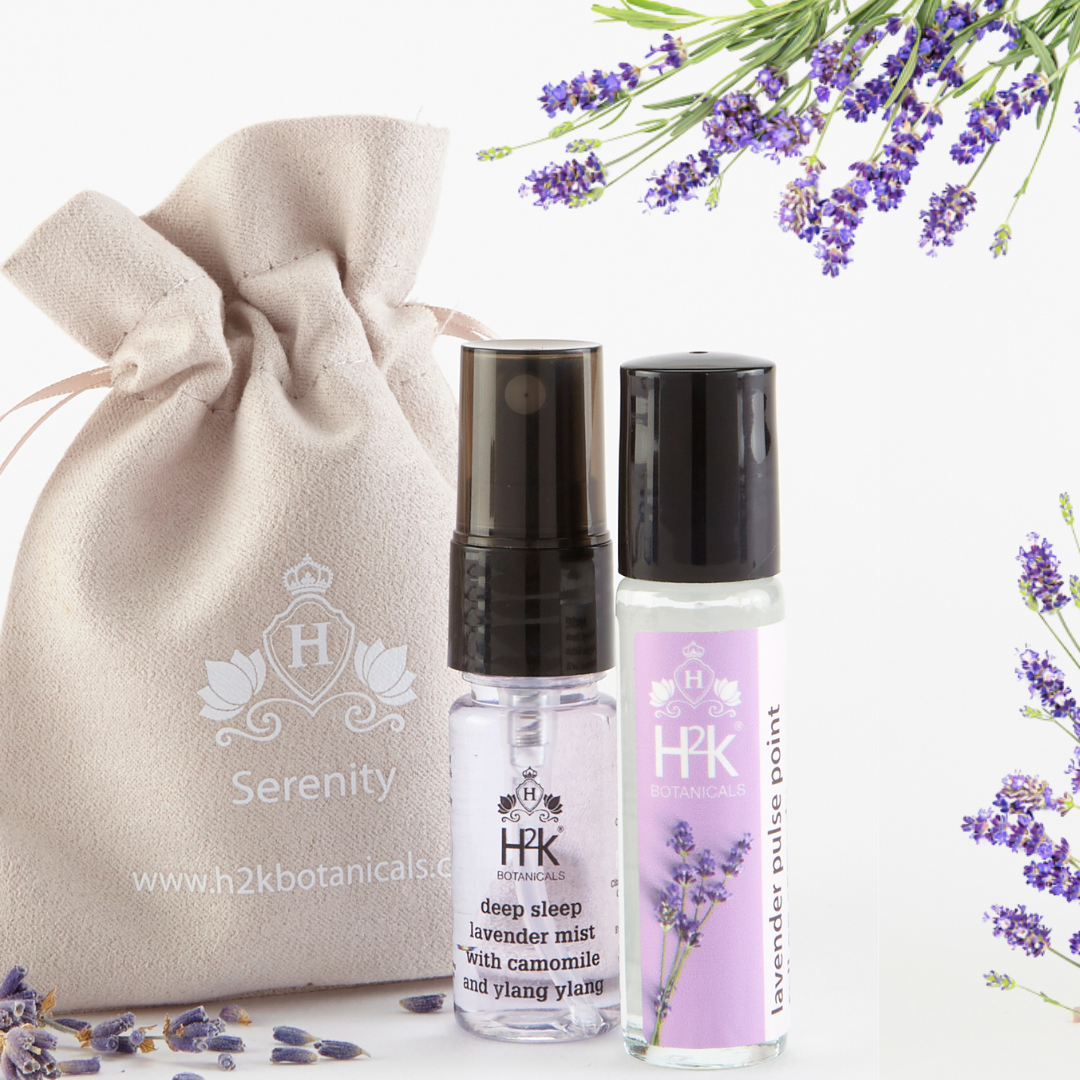
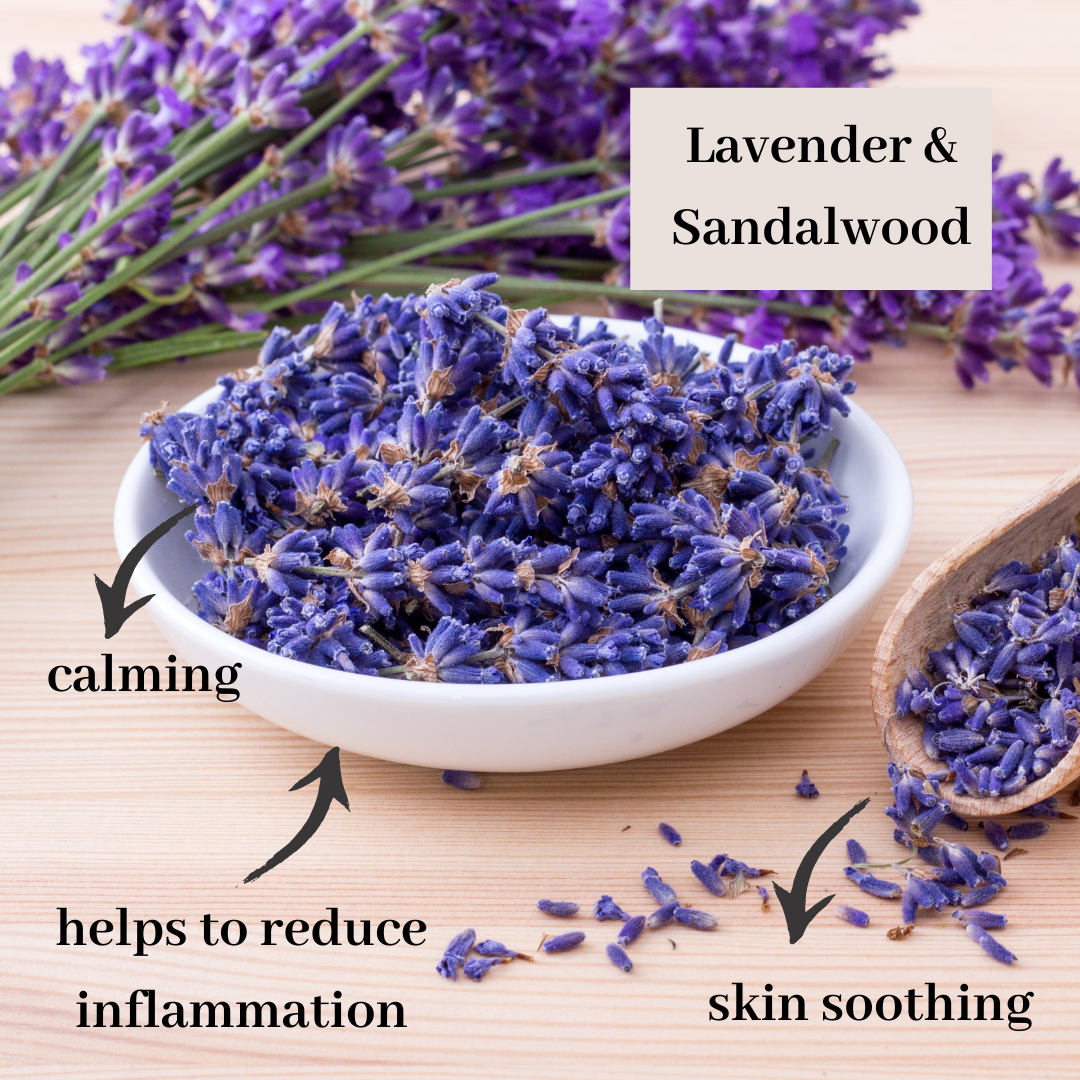
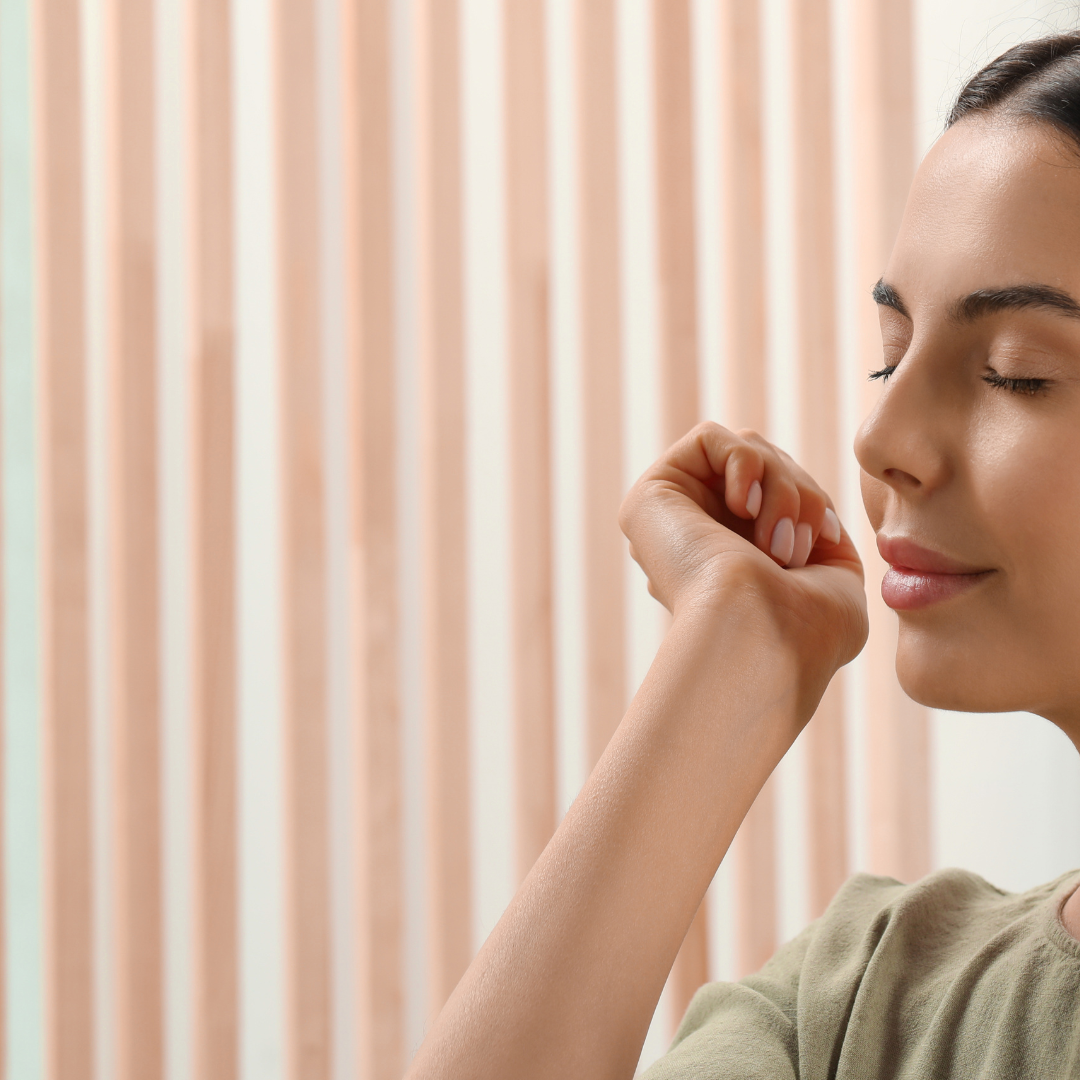
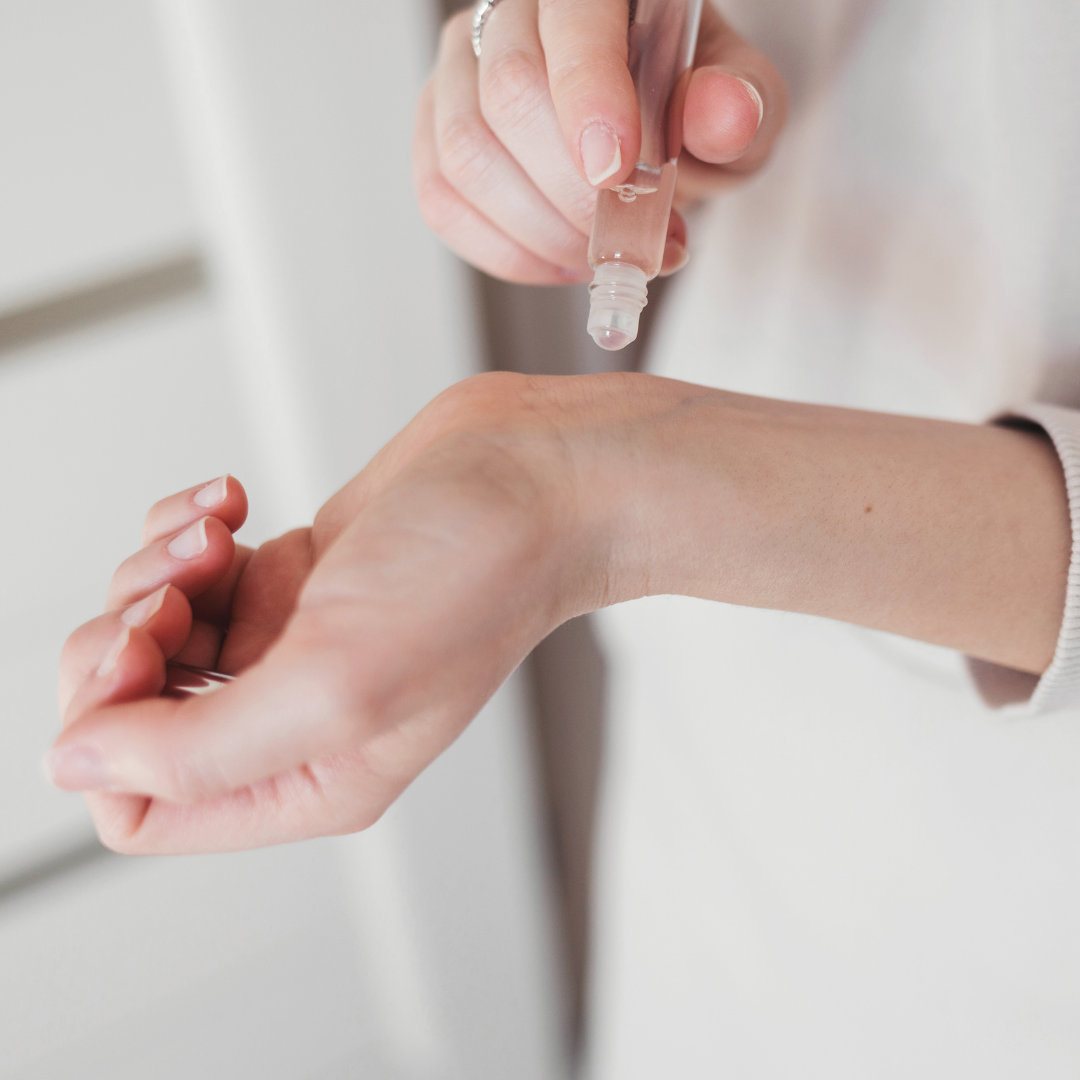
Finding Peaceful Slumber: H2K's Tips For Managing Menopause Insomnia
-
Establish a Consistent Routine
Menopause-related insomnia is challenging, but sticking to a regular sleep schedule can help. Try to maintain consistent bedtime and wake-up times, and establish a relaxing bedtime routine. Avoiding stimulants like caffeine and screens before bed can improve sleep quality.
-
Manage Stress and Anxiety
Dealing with stress during menopause is tough, but it's important for managing insomnia. Try stress-relief techniques like mindfulness or deep breathing exercises. Don't hesitate to seek support from loved ones or a therapist. Managing stress can create a calmer mindset, making it easier to fall asleep.
-
Prioritise Healthy Habits
Taking care of yourself is crucial during menopause, especially for sleep. Get regular exercise and watch what you eat and drink, especially before bedtime. Create a comfortable sleep environment with supportive bedding. Prioritizing health supports your body's natural rhythms and can ease menopause-related insomnia.

